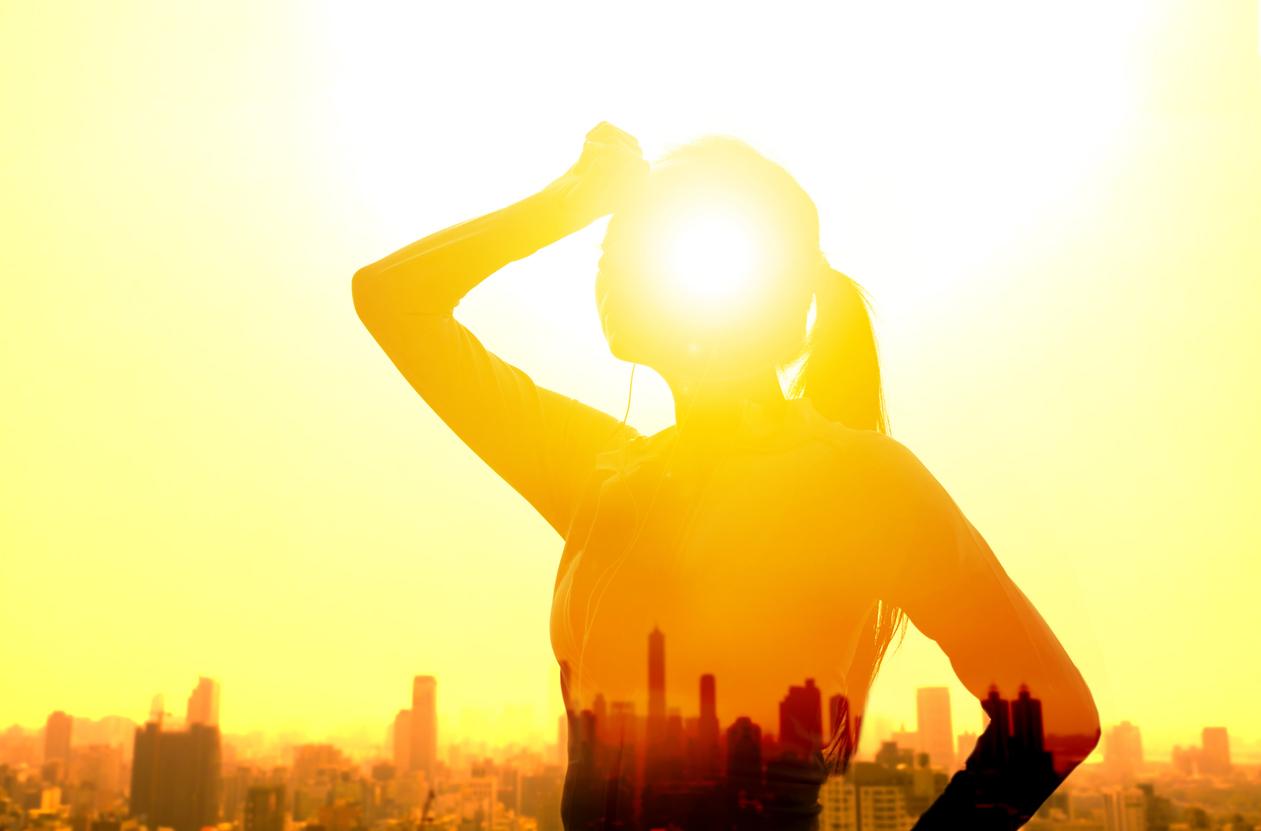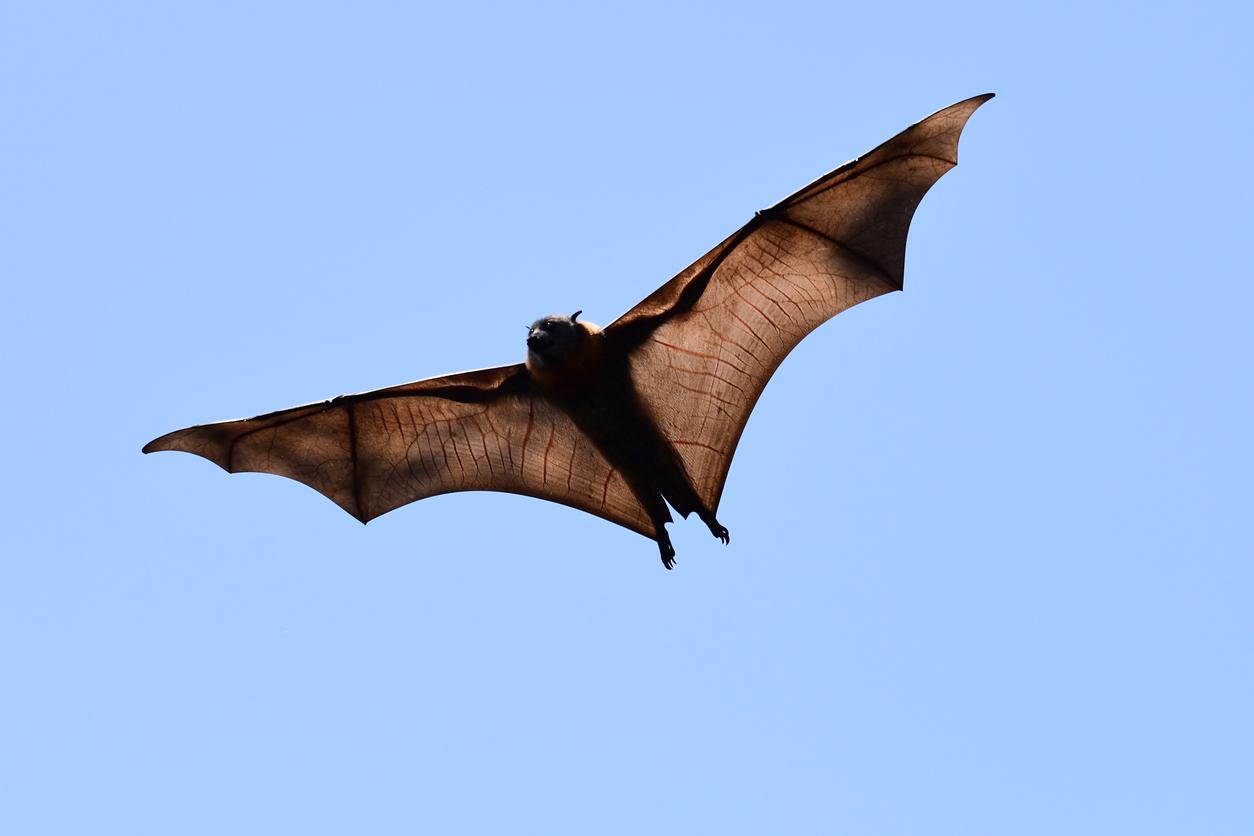A new study seems to confirm the seasonal nature of Covid-19. But the drop in contamination observed with the return of sunny days would obviously also be linked to health measures. This raises fears that the epidemic will start again in the fall.

- A new study shows that the intensity of the Covid-19 epidemic is at least partly linked to climatic conditions
- But maintaining the measures – barrier gestures and social distancing – seems necessary to avoid a second wave in the fall.
The coronavirus responsible for Covid-19 could not tolerate hot temperatures and humidity, according to a new study published Thursday, June 11 in the journal JAMA Network Open. Several scientific works establish this same result. Good news which means that the virus could therefore naturally disappear this summer. But until when ?
The authors studied the severity level of the virus in 50 cities around the world up to March 10. The spread of the virus and its deadly nature has been very strong in eight cities. These had temperatures between 0 and 10 degrees and a humidity level of 5%. In contrast, over the same period, the virus was less fierce in cities in warmer and more humid countries. According to the researchers, it is therefore possible that the virus is seasonal and strongly affects regions at different times, depending on their climate and winter: in the northern hemisphere, between December and March, in the southern hemisphere, between June and September.
A second wave in the fall is possible
There are still many unknowns regarding the Covid-19 virus. Currently, the scientific community is unable to say how the epidemic will evolve. But several hypotheses are considered. Covid-19 could, like the flu, disappear naturally in summer and reappear when temperatures drop. Another probability: the virus would not survive the summer due to the heat, the humidity but also the health policies put in place around the world. Maintaining barrier gestures, wearing a mask, social distancing could help eradicate the virus. This is what happened in 2003 with the virus responsible for severe acute respiratory syndrome (SARS). “We cannot rest on the hope that the season or the air temperature will be the answer (to the Covid-19 epidemic)“, explained Mike Ryan, the director of emergency programs of the UN agency, this Wednesday.
The probability of a disappearance of Covid-19 is also contradicted by the still very high number of cases in the world. “We are preparing for a second wave because we don’t know if it will happen, explains Jean-Daniel Gradeler, general practitioner in Saint-Privat-la-Montagne, in the North-East of France. Once the virus has made its way around the world, it is possible that it will return in the fall.“For the moment, the number of cases is decreasing in France, but it is essential to continue to respect barrier gestures and social distancing to curb a resurgence of the epidemic as much as possible.

.

















